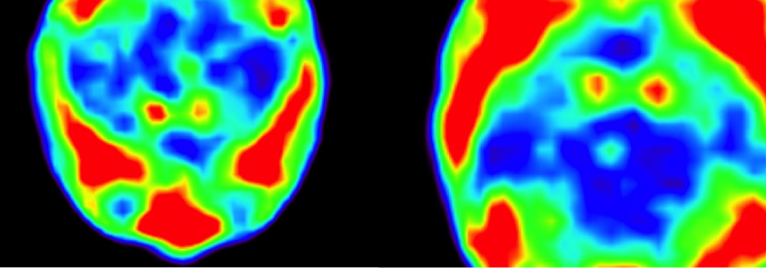 Münster – The biochemist and Principal investigator of the CRC 128 Prof. Dr. Lydia Sorokin has received the coveted “Advanced Grant” awarded by the European Research Council (ERC). The funding of ca. 2.3 million euros enables the realisation of outstanding research projects.
Münster – The biochemist and Principal investigator of the CRC 128 Prof. Dr. Lydia Sorokin has received the coveted “Advanced Grant” awarded by the European Research Council (ERC). The funding of ca. 2.3 million euros enables the realisation of outstanding research projects.
Lydia Sorokin heads the Institute for Physiological Chemistry and Pathobiochemistry at Muenster University. She investigates the extracellular matrix (ECM) of blood vessels, especially those of the brain. These vessels are impermeable to cells, toxins, and pathogens and are part of the blood-brain barrier (BBB). One of Lydia Sorokin’s most important projects deals with multiple sclerosis and the question of how leukocytes penetrate the brain via the BBB in this disease, thereby causing disease symptoms. The focus is on a particular space discovered by the Sorokin team that surrounds the cerebral blood vessels and is formed by structures of the ECM. This is a favourite residence of leukocytes before they enter the brain in inflammatory brain diseases. The aim of the ERC grant-funded project is to investigate the molecular processes that are required to maintain the BBB, but allow immune cells to penetrate this barrier. To this end, Lydia Sorokin and her team want to reproduce the essential components of the BBB in vitro in three dimensions. Combined with studies on genetically modified mice, the researchers want to find out how the leukocytes manage to penetrate the brain in inflammatory diseases. The replication of the BBB in the laboratory will allow for testing of different substances in order to develop novel drugs against inflammation or tumours in the brain.
The “Advanced Grants” funding line is aimed at established scientists, who have produced outstanding scientific work over the past ten years.

















